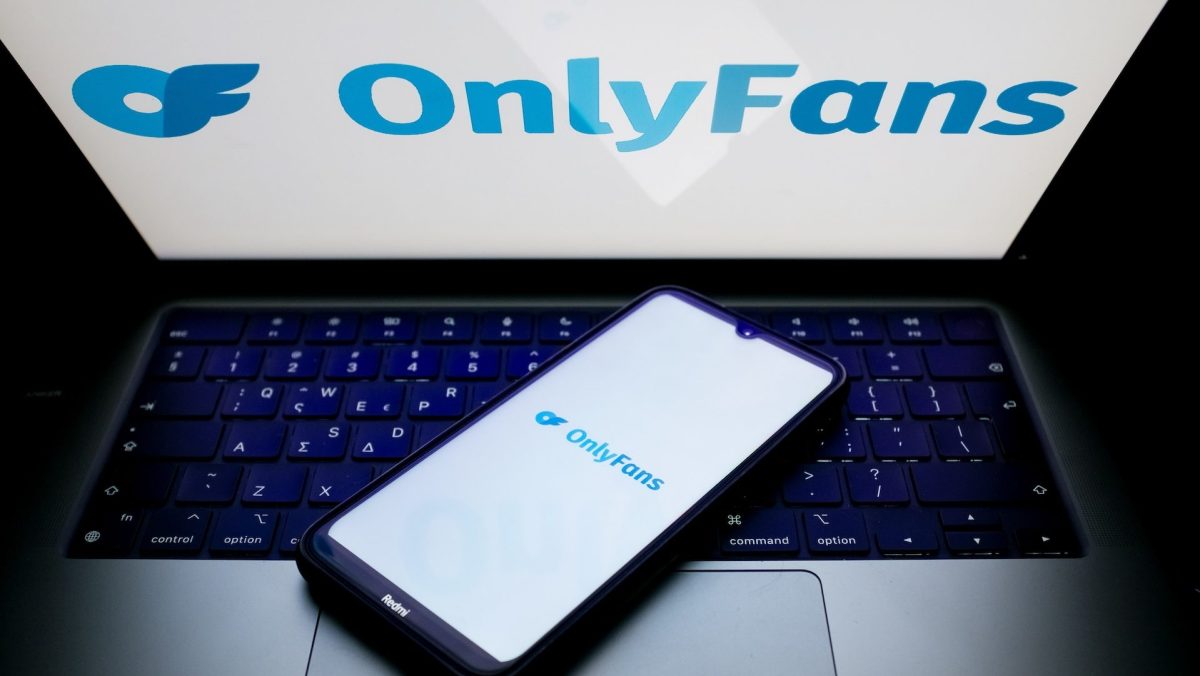It’s that time of year again, where parents are frantically looking for the new cool thing to wrap up and surprise their kids with this holiday season. The choices are more diverse than ever, especially as artificial intelligence has been increasingly incorporated into children’s toys.
What is intriguing, however, is that while AI-enabled toys are gaining traction, we are simultaneously seeing renewed interest in older technologies, including analog toys and screen-free gadgets. There is also a movement toward toys that are more than mere playthings, but also models of cultural learning and identity.
While Crunchbase data shows the toy industry overall doesn’t receive much in the way of venture dollars, there are some companies in the space getting investor cash, many with an AI angle. So as we head into the holiday season, we thought it would be fun to see what funded startups in the toy space are selling this year, and some of the trends catching investor attention. (I’m of the age where I mostly got Barbies and Play-Doh, so all of these cool new toys are extra fascinating to me.)
AI-enabled
It’s no surprise that artificial intelligence has made its way into the toy industry, as it is infiltrating seemingly every industry in one way or another. While there’s still plenty of debate about the potential risks and drawbacks of AI technologies aimed at children, the AI toys market is projected to nearly triple to $6.4 billion by 2032, up from $2.2 billion in 2024, according to a recent report from Credence Research.
One of the funded startups marketing an AI-enabled toy for youngsters this holiday season is Bondu. In early October, the company unveiled its AI-powered conversational companion in the form of a stuffed dinosaur. According to GamesBeat, the new toy is designed “to help children learn, imagine, and grow through safe, interactive play.” The startup has raised $5.3 million in a seed funding round led by Makers Fund with participation from Samsung Ventures, Boost VC and Founders Inc.
Bondu is not cheap. The toy costs $199.99, but hey, at least it comes in four different colors. Ironically, even though the toy is powered by AI, the company is touting it as a way of helping your kids “say goodbye to screens.”
Some of the things Bondu can do, according to its manufacturer: help kids learn by having “conversations” in which it answers questions and teaches facts and can reply back to a child in 32 languages. Parents can even use the toy to set reminders in an effort to motivate their kids to do boring tasks such as brushing their teeth.
Another startup funded this year that offers a screenless, conversational, AI-powered toy is Roybi, a San Jose, California-based maker of a companion robot for young children. The company, which has raised $4.3 million to date, likewise touts a companion that it says can help young children with language development (English, Spanish, French and Mandarin), and math and science skills.
The funded companies are examples of growing investor interest in embedding conversational AI into physical toys.
More recently, another AI-enabled startup, New York-based Stickerbox, managed to raise $7 million in seed funding in just two months after co-founder Robert Whitney’s 4-year-old son asked: “Can we make our own coloring sheets?”
That question prompted Whitney, an alumnus of Anthropic, to join co-founder and CEO Arun Gupta (formerly of Grailed) to start Stickerbox, a toy company that claims it has developed the first-ever voice-powered AI creativity tool for kids.
Investors such as Maveron, AI2 Incubator, Matthew Brezina and tennis legend Serena Williams’ Serena Ventures wrote checks into the startup to help it grow.
The Stickerbox is pretty much like what it sounds like: A cube that prints stickers. Children deliver prompts for images with their voices. Importantly, the company says, the box doesn’t collect voice data and doesn’t have a camera.
Like many other popular techie toys these days, including the Yoto and Toniebox audio players, Stickerbox also emphasizes that while it’s tech-enabled, it’s screen free, meaning it doesn’t come with many of the drawbacks associated with excess screentime for children’s developing brains.
What’s old is new again
The move away from screens is another trend that’s attracting investor interest.
Case in point: In September, Tin Can, which has created a landline-style WiFi telephone for children, raised $3.5 million in funding. For those of us who remember the days of phones with actual cords, there is something nostalgic about the idea behind Tin Can. Essentially, the Seattle-based startup is tapping into a trend where parents want simpler, more “analog” devices for kids so they can slowly back away from the screens and participate in more direct communication.
PSL Ventures, Newfund Capital, Mother Ventures and Solid Foundations all felt compelled to fund the company.
Greg Gottesman, managing director at Seattle-based PSL, told GeekWire that he believes Tin Can is “one of the fastest growing and most viral businesses” he’s seen in over 25 years of investing.
Personally, I love the idea of these colorful phones that are shaped like, you guessed it, oversized tin cans. Kids can actually talk to each other without a screen or via text. One might argue that kids can talk to each other with cellular phones. But to that, I argue back, cellphones still have screens.
I’m rooting for this one.
Other trends: Subscriptions and cultural ties
Two other trends we’ve spotted in our perusal of funded companies in the toy space: Those that tap into cultural heritage, and subscription offerings aimed at reducing clutter.
In October, Gubbachhi, a toy brand offering handcrafted, eco-friendly toys inspired by Indian culture and heritage, raised an undisclosed amount of funding from D2C Insider Angels. The nod to promoting culture is one to be applauded.
And last but not least: We all know how easily kids can get bored with toys. They’ll play with one toy for two months straight, only to discard it with not so much as a glance at it again.
A startup called Orbit Crates has the solution for frustrated parents who are tired of seeing discarded toys strewn all over the house, cluttering up rooms and taking up space — not to mention the money wasted on toys that are only played with for a short time before their child loses interest and moves on.
Started by mother of three Kim Conti, Orbit Crates is a subscription toy-rental company designed for children aged newborn to 6. The startup, according to UConn Today, “has almost 500 toys in stock, from classic wooden toys to Bluey and Disney princesses.” The startup participated in the Wolff New Venture Competition in October, winning the $5,000 Mark and Jamie Summer Innovation Award.
In India, a similar toy rental startup called ToyFlix last month raised $1 million in pre-seed funding, per Crunchbase.
So if you’re struggling with shopping for kids this holiday season — whether they be your own or someone else’s — hopefully this will give you some creative and fun ideas.
Related reading:
Illustration: Dom Guzman
Stay up to date with recent funding rounds, acquisitions, and more with the
Crunchbase Daily.








